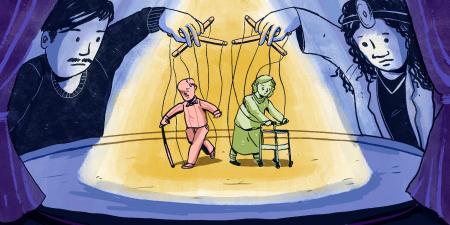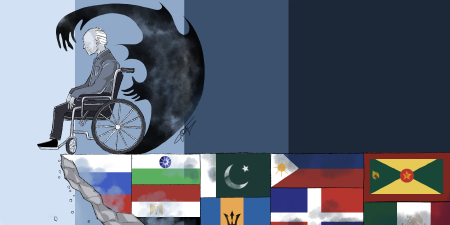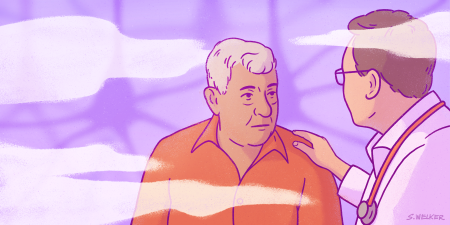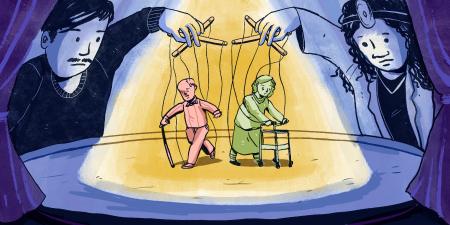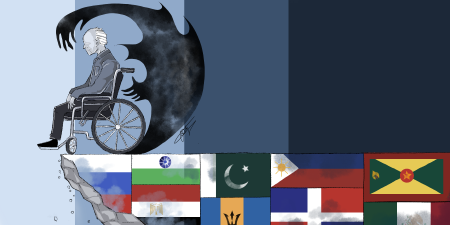Geriatric Psychiatry
Twenty percent of the US population is expected to be 65 years of age or older by 2030. Ageism’s pervasiveness in US culture means it is also pervasive in health care and a cause of inequity that profoundly undermines older adults’ quality of life. Independence and autonomy losses tend to accompany aging for all of us. Older adults are vulnerable to exploitation and are exposed to late-life stressors that affect their mental health, accompany compromise or loss of independence and autonomy, and tend to track declines in general health and cognitive function. This theme issue investigates reasons why diminishing numbers of geriatric mental health clinicians should draw clinical, ethical, and legal attention to whether and how well US health care and its workforce is prepared to deliver the volume and quality of care older adults deserve.







